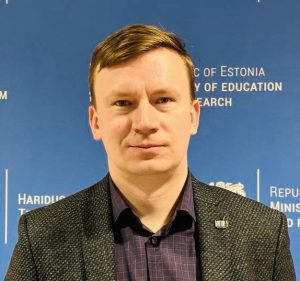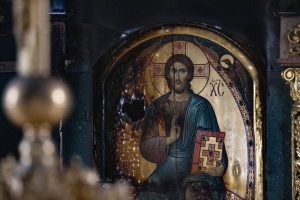The Great Inventor: In Memoriam Metropolitan John Zizioulas of Pergamon

Andrey Shishkov is a research fellow at the School of Theology and Religious Studies of the University of Tartu (Estonia) and a member of the “Orthodoxy as Solidarity” research projects supported by the Estonian Research Council.
On 2 February 2023, John Zizioulas, Orthodox hierarch of the Ecumenical Patriarchate and one of the most influential theologians of the past 50 years, passed away at age 92. He is known worldwide for his theology of communion, described in his two major works: Being as Communion (1985) and Communion and Otherness (2006). These books offer an attempt at a systematic theology that brings together various theological disciplines (such as triadology, Christology, ecclesiology, anthropology, pneumatology, and eschatology) based on the idea that being is communion. His opponents regarded him as a heretic and a modernist, while his supporters considered him one of the greatest minds of the Orthodox Church in history.


